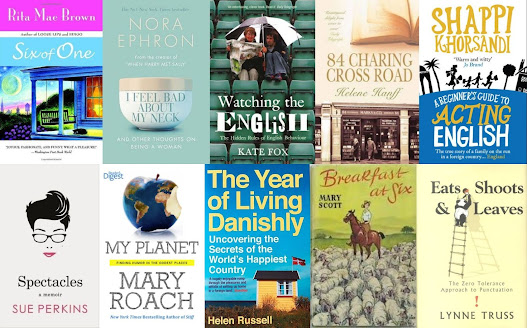Fallada, Hans "Every Man Dies Alone" aka "Alone in Berlin" (German: Jeder stirbt für sich allein) - 1947
A remarkable tome. A remarkable story. A remarkable narrator.
Hans Fallada learned about the life and death of the married couple Elise and Otto Hampel and retold their life story. He immortalized them as Anna and Otto Quangel and thus created a monument not only to them but also to all the other little resistance fighters. All those who didn't want to just watch society go to the dogs. Who didn't want to be accused later of not having done anything.
Yes, they did exist, the Annas or Elises and Ottos. They tried desperately to wake up those close to them, perhaps to persuade one or the other not to just accept everything or - even worse - to think it was good.
To this day I still can't really understand how people could just watch. My parents told me different stories, about their parents trying not to get carried away and still offer their children a future. Today I see how many things are repeated. How people believe any story just because they hear it often enough.
Get Hans Fallada and other writers like him back into schools. Let children share in all the things that can go wrong. Otherwise we'll be back very quickly where we've been before and where we never, ever wanted to go again.
From the back cover:
"This never-before-translated masterpiece -
by a heroic best-selling writer who saw his life crumble when he
wouldn’t join the Nazi Party - is based on a true story.
It
presents a richly detailed portrait of life in Berlin under the Nazis
and tells the sweeping saga of one working-class couple who decides to
take a stand when their only son is killed at the front. With nothing
but their grief and each other against the awesome power of the Reich,
they launch a simple, clandestine resistance campaign that soon has an
enraged Gestapo on their trail, and a world of terrified neighbours and
cynical snitches ready to turn them in.
In the end, it’s more
than an edge-of-your-seat thriller, more than a moving romance, even
more than literature of the highest order - it’s a deeply stirring story
of two people standing up for what’s right, and for each other."





